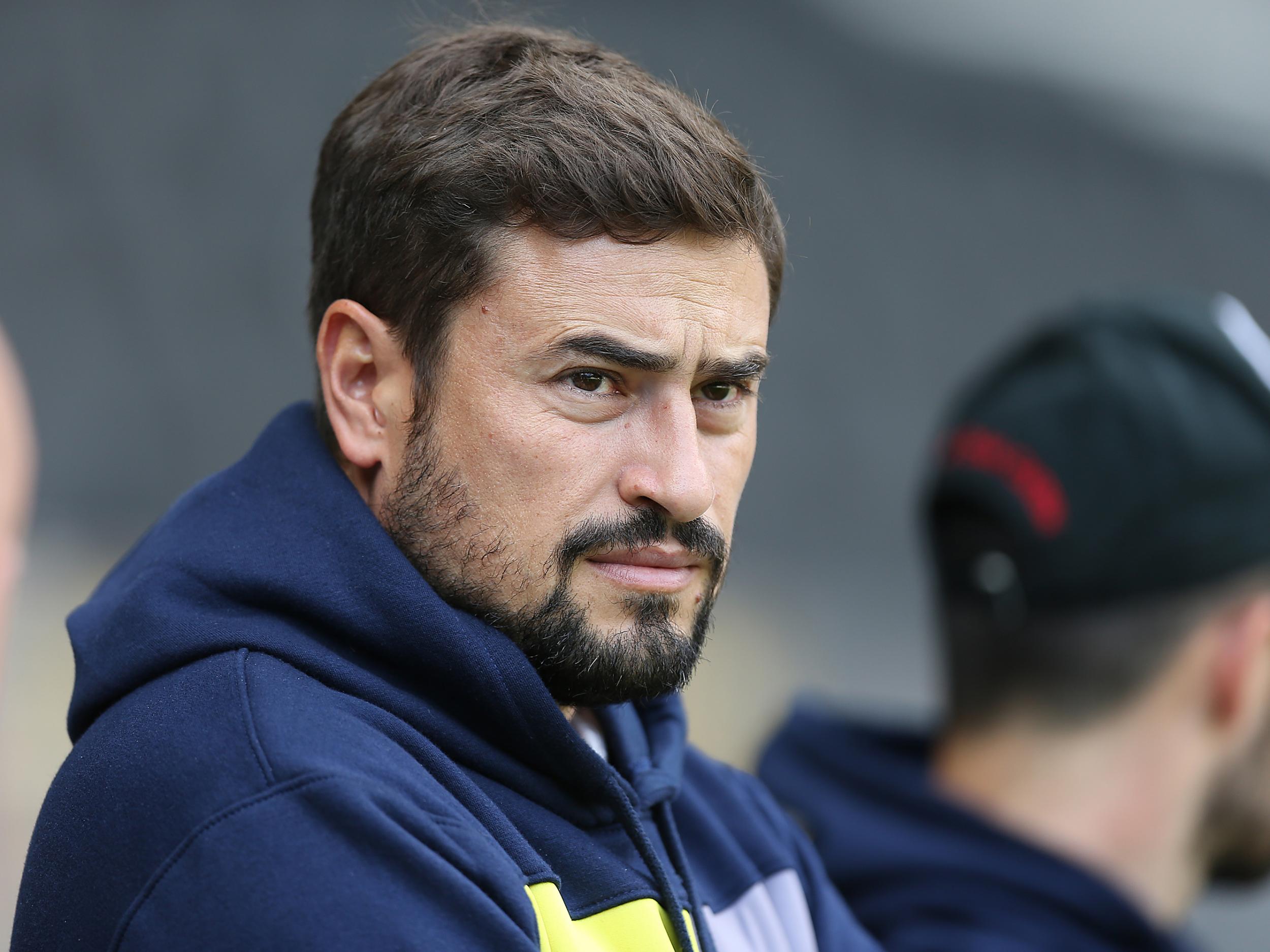Managers are 'the weakest link' for clubs says Pep Clotet as former Oxford boss prepares for new challenge
There have been 32 managerial sackings this season already

The rewards, and stakes, are higher than ever. The patience, and threshold for failure, is lower than ever. Football management is a difficult business and if you thought the Premier League’s spin cycle of managers was wringing itself dry, the lower leagues aren’t much better.
Last season, across 92 clubs, there were 67 managerial casualties. The season before it was 69. This season, edging into February, we were on 29 after Paul Heckingbottom took over at Leeds just four days after signing a contract extension with Barnsley. Then Shaun Derry, Russell Slade and Uwe Rosler all left their jobs within another brutal week for managers. It is sacking season.
Of this season’s 32, Pep Clotet’s departure from Oxford United has almost faded into ancient history having happened a full month ago. Number 26 on the chopping block, Clotet has dusted himself off after his time at the Kassam Stadium was cut short, and he’s ready to test himself again with a greater awareness than ever that clubs might be as impatient as they have ever been.
“The position of the managers in the game is now the weakest link," he says, looking back.
"That’s the way it is, but if you let a manager work you will always end up getting better results.
“The owners feel pressure because they own a club, a business, and not only do they have the pressure of that business to do well but they also have to take care of the fans. So it’s not an easy business to be in. That always leads to short-termism.
“Managers come, they go, short-term impact, it’s working! And as soon as it doesn’t work they go. There’s no time. You learn from it but that’s part of the game, that you will pay that price and it doesn’t mean you’re not a good manager.”

Clotet has experience across Europe and in his native Spain but is best-known in England for his work as Garry Monk’s assistant at Swansea City, keeping the club in the Premier League before following Monk to Leeds.
After Monk swapped Elland Road for Middlesbrough last summer, however, Clotet went it alone and took over at Oxford hoping to build a long-term project.
“There’s no hard feelings – if we had scored more goals or won more points then we wouldn’t be talking about this!
“I thought in Oxford I could do a mix of what I really like, which is develop young talent. They wanted to improve not only the way of playing but also the structure of the club.

“We improved a lot of the training. Raising the standards. Not only working on how we want the team to play – how Bournemouth and Swansea did in League One – but creating a development plan for the players which will create more value for the players, especially the young players.
“We have done it at Swansea, we have done it at Malaga and done it at Espanyol, and given time I believe we would have done it at Oxford.”
And once he has had some time off, Clotet wants to do it again. The 40-year-old Spaniard is aware he has plenty of time on his side. He is set to travel and learn from some of Europe and South America’s coaches, contacts acquired over years in the game and likely to help provide some new perspectives.
There is little doubt that his experience in League One has provided him with a new perspective of the direction in which the game is going for coaches like himself.
“Short-termism is the key point now in football. It’s extremely important that from day one you don’t waste time in working together. You need people you know so you don’t have to find a method that works, you know it. Because from day one you are going to be judged.
“If a manager can have a project for three or four years it is always, always, going to leave a better club.
“It’s very important that your methods can be implemented straight away.
“We will start seeing in this country how ‘managers’ disappear and clubs are changing structure to a head coach and technical director, who can bring a long-term perspective. More similar to Spain and Europe.
“You will need, in the end, something stable on the sporting side of a club to dictate how it can do in the long-term. That way, when you change the management, you don’t change the direction.”
Join our commenting forum
Join thought-provoking conversations, follow other Independent readers and see their replies
Comments